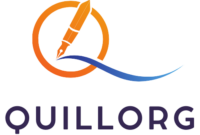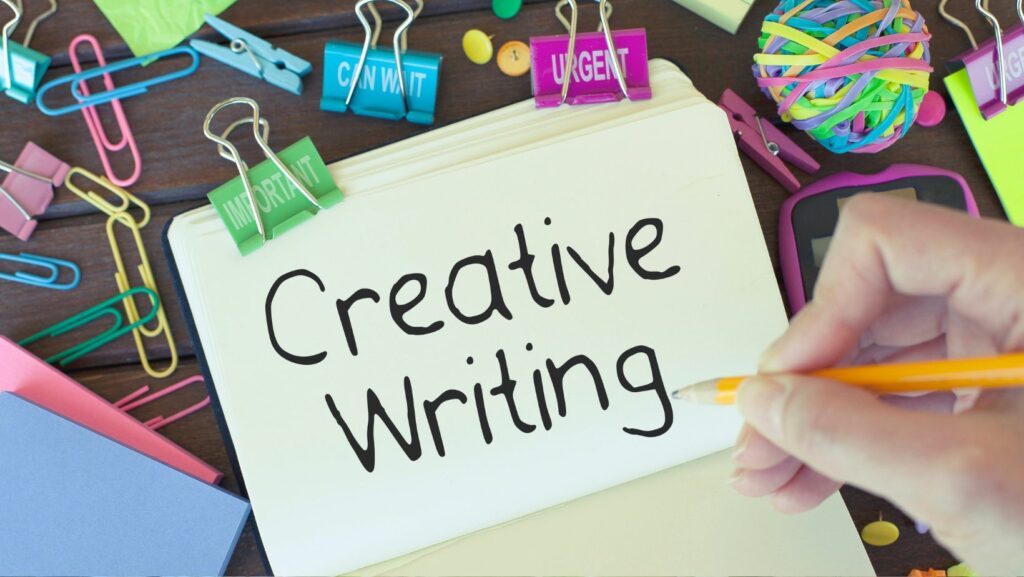In a world where storytelling reigns supreme, creative writing workshops and exercises offer budding writers a sanctuary to hone their craft. These workshops provide more than just a platform for sharing stories; they cultivate a community of like-minded individuals eager to explore the written word’s endless possibilities.
Through structured exercises, participants unlock their creativity, discover unique voices, and learn to weave narratives that captivate and inspire. Creative writing exercises are the heart of these workshops, challenging writers to step outside their comfort zones and experiment with different styles and genres. Whether it’s crafting a compelling character or constructing a vivid setting, these exercises stimulate the imagination and ignite a passion for storytelling.
By engaging in these activities, writers not only enhance their technical skills but also gain the confidence to express their ideas boldly and authentically. Ultimately, creative writing workshops serve as a catalyst for personal and artistic growth, empowering writers to transform their visions into reality.
Creative Writing Workshops and Exercises
 Creative writing workshops and exercises provide invaluable opportunities for writers to explore and expand their abilities. They highlight skill enhancement, community building, and constructive feedback. Workshops offer structured activities designed to improve writing skills.
Creative writing workshops and exercises provide invaluable opportunities for writers to explore and expand their abilities. They highlight skill enhancement, community building, and constructive feedback. Workshops offer structured activities designed to improve writing skills.
Participants engage in varied exercises that focus on character development, plot structure, and stylistic diversity. These exercises challenge writers to push boundaries and refine their techniques. According to a study by the National Endowment for the Arts, engaging in regular writing practice significantly improves overall skill levels. Workshops create a collaborative environment where writers connect. This community fosters mutual support and inspiration, enriching the creative experience.
Participants often share ideas, recommendations, and encouragement. A report by Pew Research Center highlights the positive impact of social support on artistic engagement and creativity. Workshops provide a platform for receiving and giving constructive criticism. Feedback sessions help writers identify areas for improvement and celebrate strengths. In a survey by Writer’s Digest, 78% of respondents credited feedback from peers as a critical element in their writing progress. By understanding diverse perspectives, writers can polish their work and grow artistically.
Types Of Creative Writing Exercises
Creative writing exercises serve as valuable tools for writers to expand their creativity and enhance their skills. They cover a wide range of activities, each designed to refine specific aspects of writing. Prompts spark creativity by presenting themes, scenarios, or questions. Writers use these to formulate ideas and develop stories organically. Freewriting encourages spontaneity, asking writers to write whatever comes to mind within a set time limit.
activities, each designed to refine specific aspects of writing. Prompts spark creativity by presenting themes, scenarios, or questions. Writers use these to formulate ideas and develop stories organically. Freewriting encourages spontaneity, asking writers to write whatever comes to mind within a set time limit.
This method reduces self-censorship and allows unique ideas to surface. Character development activities focus on creating well-rounded and believable characters. Writers may engage in crafting character profiles, interviews, or backstory exploration. These activities help writers understand characters’ motivations, desires, and conflicts, contributing to depth and relatability in narratives. These exercises emphasize building cohesive and engaging narratives. Writers practice creating outlines, identifying key plot points, and arranging events in a logical sequence. Story structure exercises, such as the “three-act structure,” assist in maintaining narrative flow and ensuring satisfying resolutions.
Choosing The Right Workshop
 Selecting an appropriate creative writing workshop involves several key factors. Writers should consider the workshop’s focus area to ensure it aligns with their interests. Options might include poetry, fiction, memoir, or scriptwriting. Identifying personal writing goals helps to choose a workshop that targets specific skill enhancement, such as character development or plot refinement.
Selecting an appropriate creative writing workshop involves several key factors. Writers should consider the workshop’s focus area to ensure it aligns with their interests. Options might include poetry, fiction, memoir, or scriptwriting. Identifying personal writing goals helps to choose a workshop that targets specific skill enhancement, such as character development or plot refinement.
Evaluating the instructor’s background and expertise provides insight into the quality of guidance participants will receive. Renowned authors or experienced educators often run workshops, offering valuable insights based on their professional experiences. Checking participant reviews and testimonials aids in assessing workshop effectiveness through real-world feedback. Considering the format and schedule is crucial for ensuring compatibility with personal commitments. Workshops might offer in-person or online sessions, providing flexibility to accommodate various lifestyles.
Some run intensively over a few days while others spread sessions across weeks or months. Engagement in this kind of selection process ensures that the chosen workshop effectively contributes to a writer’s development by aligning with their creative and logistical needs.



